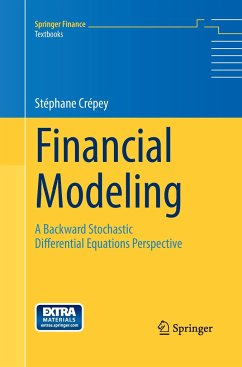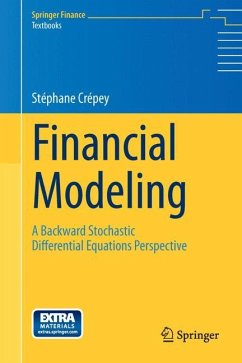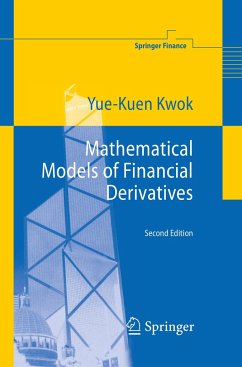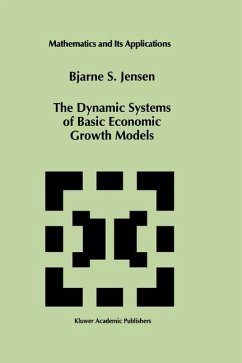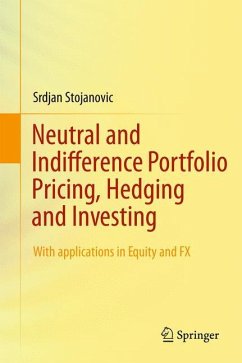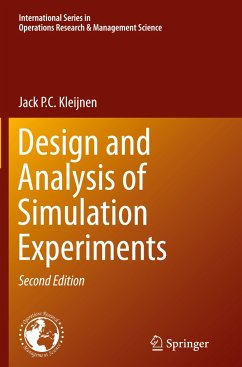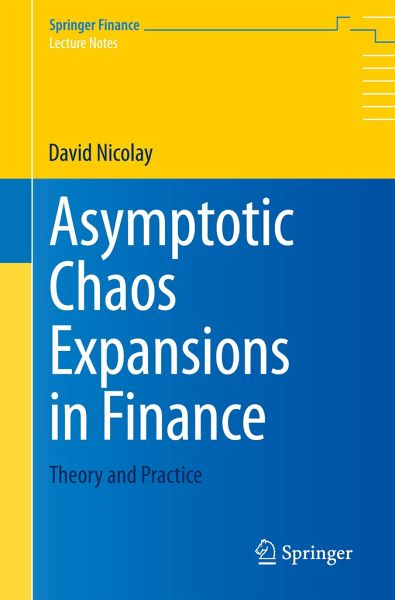
Asymptotic Chaos Expansions in Finance
Theory and Practice

PAYBACK Punkte
19 °P sammeln!
Stochastic instantaneous volatility models such as Heston, SABR or SV-LMM have mostly been developed to control the shape and joint dynamics of the implied volatility surface. In principle, they are well suited for pricing and hedging vanilla and exotic options, for relative value strategies or for risk management. In practice however, most SV models lack a closed form valuation for European options. This book presents the recently developed Asymptotic Chaos Expansions methodology (ACE) which addresses that issue. Indeed its generic algorithm provides, for any regular SV model, the pure asympt...
Stochastic instantaneous volatility models such as Heston, SABR or SV-LMM have mostly been developed to control the shape and joint dynamics of the implied volatility surface. In principle, they are well suited for pricing and hedging vanilla and exotic options, for relative value strategies or for risk management. In practice however, most SV models lack a closed form valuation for European options. This book presents the recently developed Asymptotic Chaos Expansions methodology (ACE) which addresses that issue. Indeed its generic algorithm provides, for any regular SV model, the pure asymptotes at any order for both the static and dynamic maps of the implied volatility surface. Furthermore, ACE is programmable and can complement other approximation methods. Hence it allows a systematic approach to designing, parameterising, calibrating and exploiting SV models, typically for Vega hedging or American Monte-Carlo.
Asymptotic Chaos Expansions in Finance illustrates theACE approach for single underlyings (such as a stock price or FX rate), baskets (indexes, spreads) and term structure models (especially SV-HJM and SV-LMM). It also establishes fundamental links between the Wiener chaos of the instantaneous volatility and the small-time asymptotic structure of the stochastic implied volatility framework. It is addressed primarily to financial mathematics researchers and graduate students, interested in stochastic volatility, asymptotics or market models. Moreover, as it contains many self-contained approximation results, it will be useful to practitioners modelling the shape of the smile and its evolution.
Asymptotic Chaos Expansions in Finance illustrates theACE approach for single underlyings (such as a stock price or FX rate), baskets (indexes, spreads) and term structure models (especially SV-HJM and SV-LMM). It also establishes fundamental links between the Wiener chaos of the instantaneous volatility and the small-time asymptotic structure of the stochastic implied volatility framework. It is addressed primarily to financial mathematics researchers and graduate students, interested in stochastic volatility, asymptotics or market models. Moreover, as it contains many self-contained approximation results, it will be useful to practitioners modelling the shape of the smile and its evolution.







